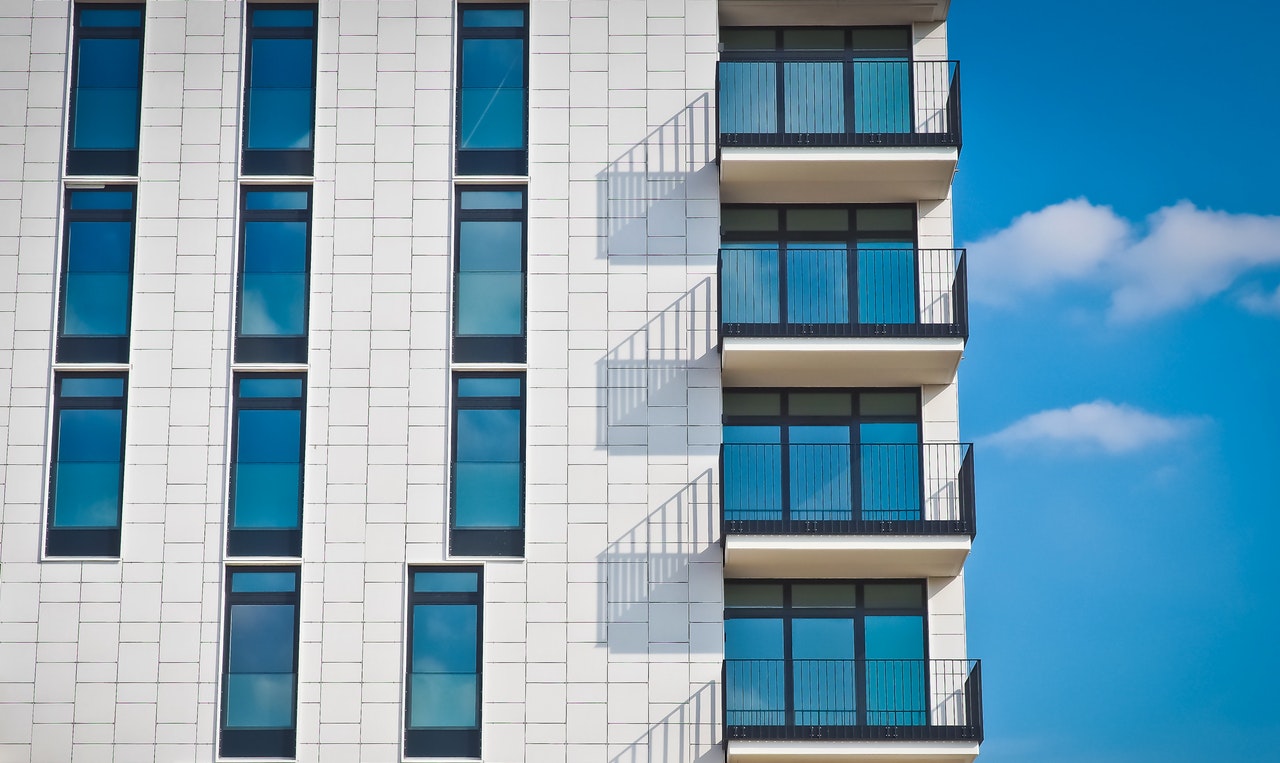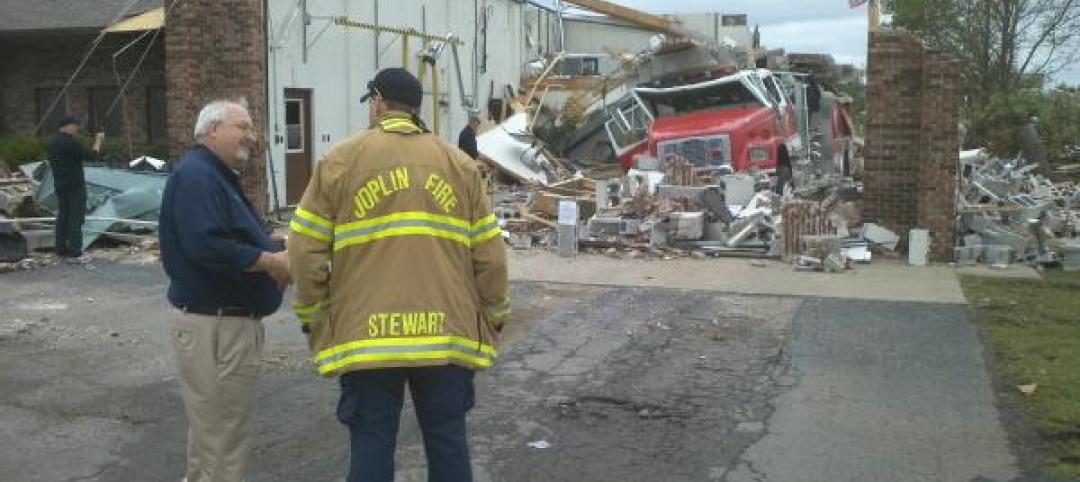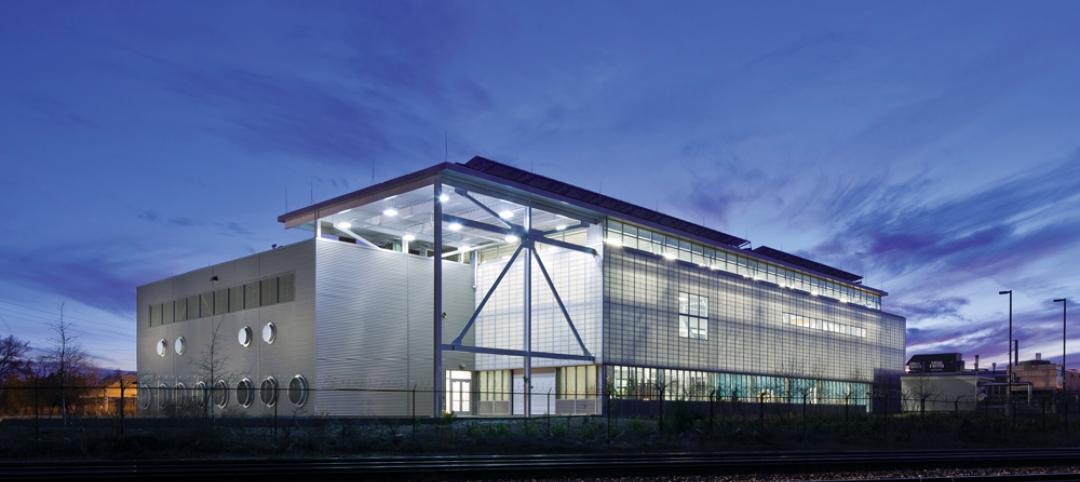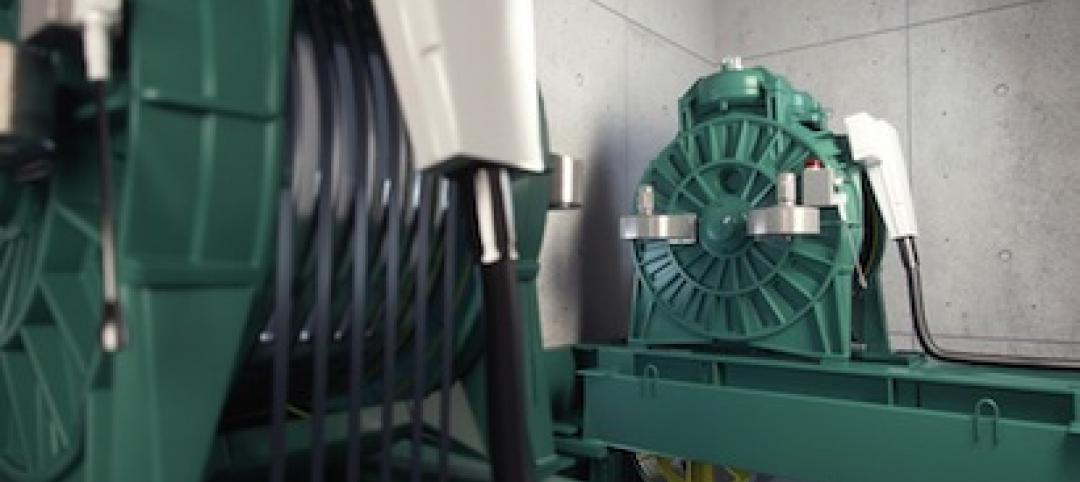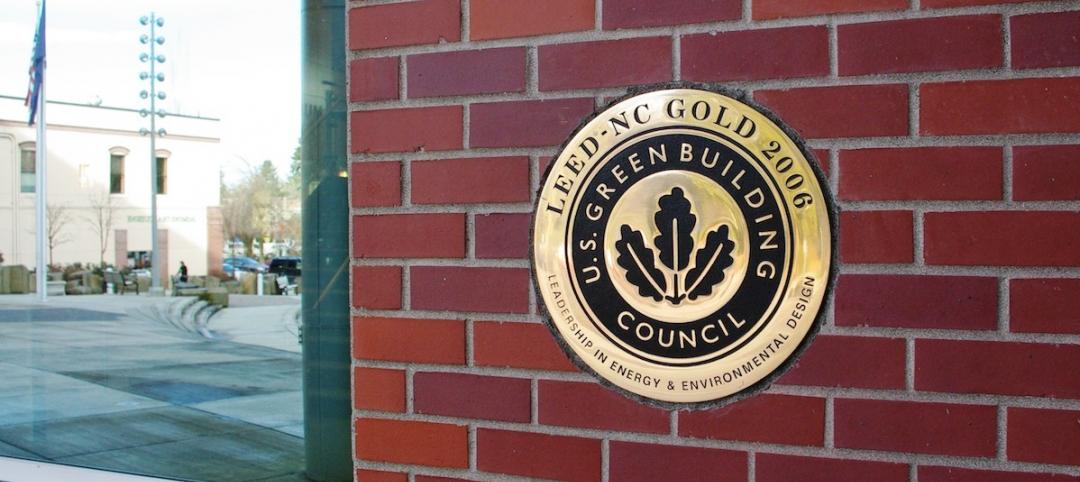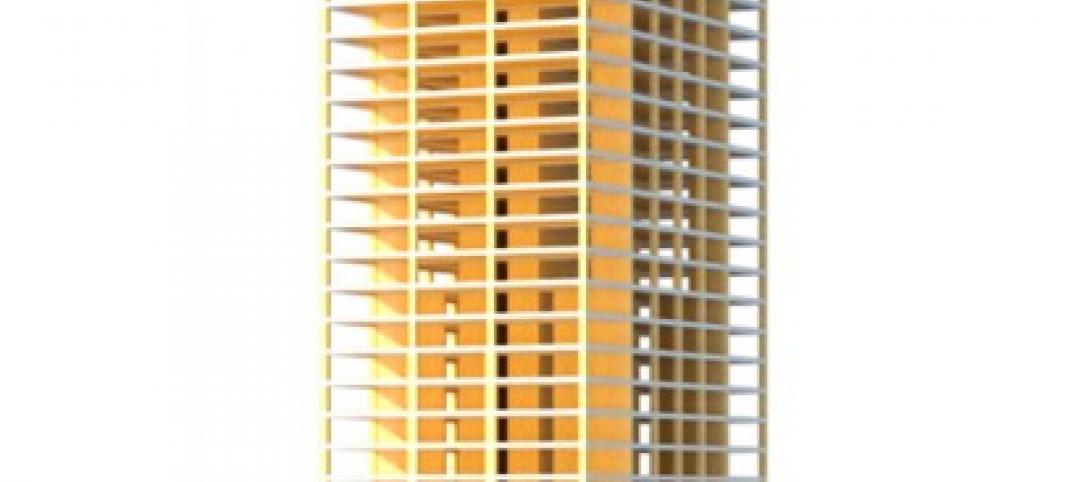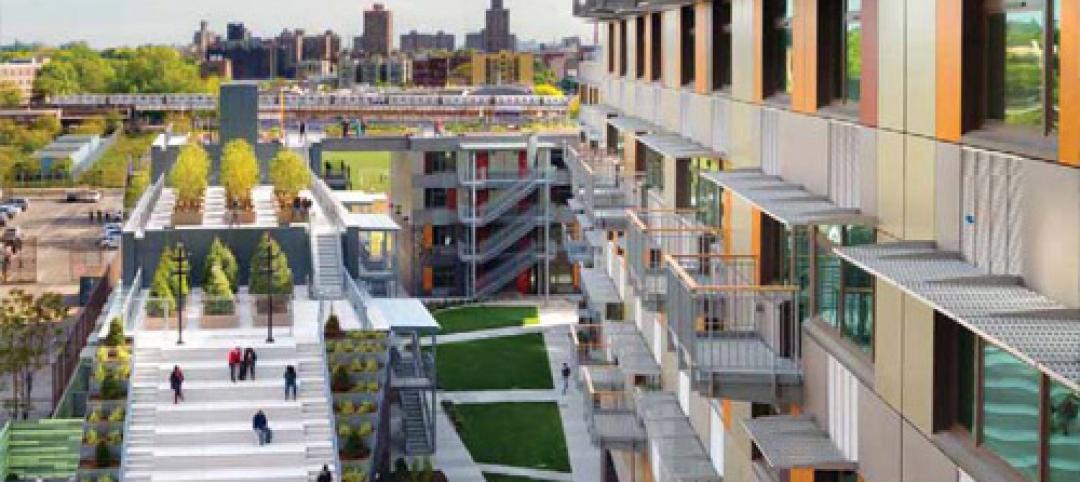The design and construction outlook for Multifamily Housing is again moving in the right direction, according to the PSMJ Resources’ Quarterly Market Forecast (QMF).
After a first quarter that saw the multifamily market suffer its lowest level of proposal activity in nearly a decade, PSMJ’s quarterly survey of architecture, engineering, and construction firm executives reported a +7% net plus/minus index (NPMI), up from the -2% recorded in the first three months of the year.
PSMJ’s NPMI expresses the difference between the percentage of firms reporting an increase in proposal activity and those reporting a decrease. The QMF has proven to be a solid predictor of market health for the AEC industry since its inception in 2003. A consistent group of over 300 firm leaders participate regularly, with 171 contributing to the most recent survey.
As unimpressive as multifamily’s second quarter NPMI is—particularly considering that it experienced seven consecutive years of quarterly NPMIs above 40% through the end of 2019—the upturn is significant. The market’s negative NPMI in the first quarter was its lowest since it capped 11 consecutive quarters of negative proposal opportunity growth with a -5% in the third quarter of 2010.
Multifamily Housing Market Proposal Activity – 1Q08 to 2Q20 (NPMI)
The multifamily rebound was part of overall improving conditions for most of the Housing market. Even with the COVID-19 crisis slowing down the overall economy, housing’s rebound may be driven in part by historically low mortgage interest rates.
Housing’s NPMI increased from -19% in the first quarter to +2% in the second quarter, making it one of only four major markets with a positive NPMI among the 12 assessed in PSMJ’s QMF. Water/wastewater (20%), energy/utilities (15%) and healthcare (10%) were the others.
Among the firms that work in the multifamily sector, 31% said that proposal activity increased in the second quarter, while 24% said it decreased. The remainder said the market was relatively flat.
PSMJ Senior Principal David Burstein, PE, AECPM, predicts that single-family housing will rebound faster and stronger than multifamily in the coming months.
“Overall, the housing market is very strong,” says Burstein. “For many years, this market has been dominated by multifamily housing as people moved into cities. Recently, that trend has reversed. Single-family housing in suburbs is now stronger than multifamily housing in large cities. This is even more true for new condominiums than for new apartment rental housing.”
Among housing’s other submarkets, single-family properties (individual) saw its NPMI improve from -31% in the first quarter to +9 in the second quarters.
Single-family developments remained well into the negative at -12%, but that was up from -28%.
Senior/assisted living ticked up from -3% to -1%, while condominiums continued to struggle (-28% in Q1 to -26% in Q2).
Related Stories
| Jun 19, 2013
New York City considers new construction standards for hospitals, multifamily buildings
Mayor Michael Bloomberg’s administration has proposed new building codes for hospitals and multifamily dwellings in New York City to help them be more resilient in the event of severe weather resulting from climate change.
| Jun 17, 2013
DOE launches database on energy performance of 60,000 buildings
The Energy Department today launched a new Buildings Performance Database, the largest free, publicly available database of residential and commercial building energy performance information.
| Jun 13, 2013
AIA partners with industry groups to launch $30,000 'Designing Recovery' design competition
The program will award a total of $30,000 to three winning designs, divided equally between three locations: Joplin, Mo., New Orleans, and New York.
| Jun 12, 2013
5 building projects that put the 'team' in teamwork
The winners of the 2013 Building Team Awards show that great buildings cannot be built without the successful collaboration of the Building Team.
| Jun 11, 2013
Vertical urban campus fills a tall order [2013 Building Team Award winner]
Roosevelt University builds a 32-story tower to satisfy students’ needs for housing, instruction, and recreation.
| Jun 11, 2013
Finnish elevator technology could facilitate supertall building design
KONE Corporation has announced a new elevator technology that could make it possible for supertall buildings to reach new heights by eliminating several problems of existing elevator technology. The firm's new UltraRope hoisting system uses a rope with a carbon-fiber core and high-friction coating, rather than conventional steel rope.
| Jun 5, 2013
USGBC: Free LEED certification for projects in new markets
In an effort to accelerate sustainable development around the world, the U.S. Green Building Council is offering free LEED certification to the first projects to certify in the 112 countries where LEED has yet to take root.
| Jun 4, 2013
SOM research project examines viability of timber-framed skyscraper
In a report released today, Skidmore, Owings & Merrill discussed the results of the Timber Tower Research Project: an examination of whether a viable 400-ft, 42-story building could be created with timber framing. The structural type could reduce the carbon footprint of tall buildings by up to 75%.
| Jun 3, 2013
6 residential projects named 'best in housing design' by AIA
The Via Verde mixed-use development in Bronx, N.Y., and a student housing complex in Seattle are among the winners of AIA's 2013 Housing Awards.
| Jun 3, 2013
Construction spending inches upward in April
The U.S. Census Bureau of the Department of Commerce announced today that construction spending during April 2013 was estimated at a seasonally adjusted annual rate of $860.8 billion, 0.4 percent above the revised March estimate of $857.7 billion.


